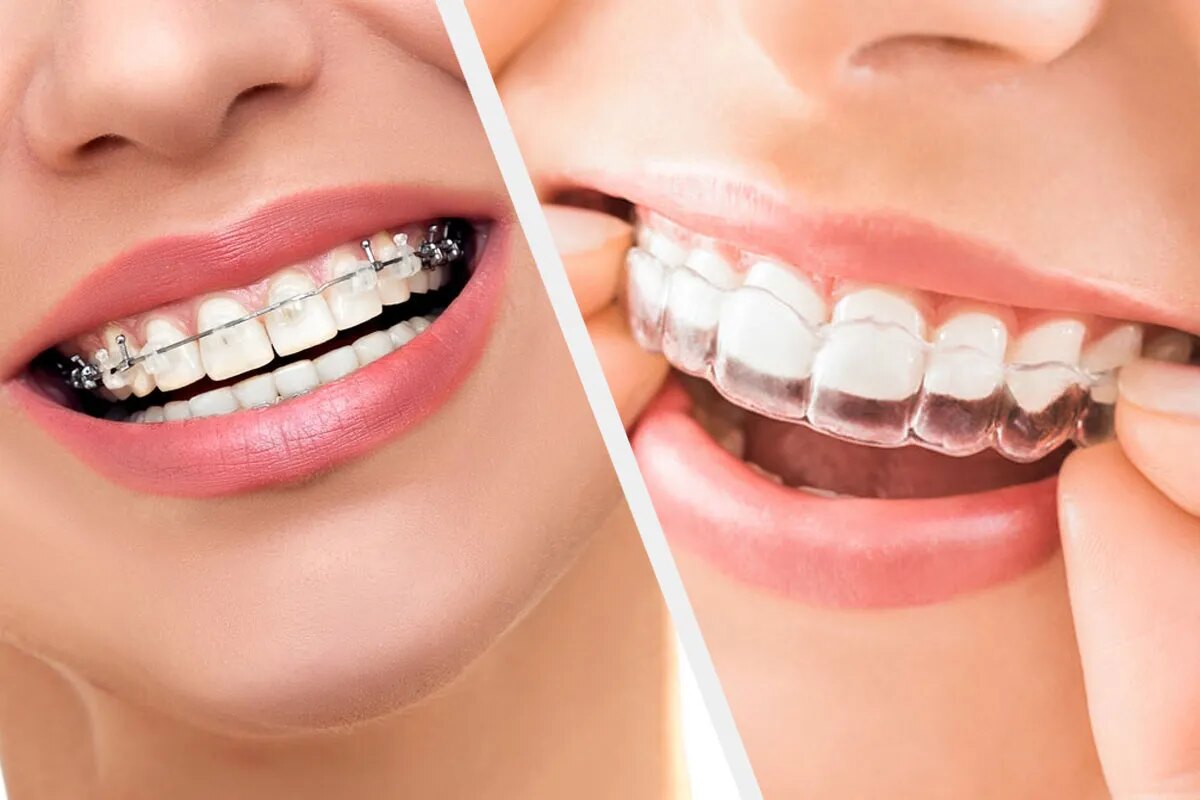
Choosing between veneers and braces can be a difficult decision. You may feel overwhelmed by the number of options out there or not know what to expect from either treatment type. This article will walk you through some of the most important considerations so that you can make an informed decision about whether braces are right for your smile!
WHAT ARE VENEERS?
Veneers are thin pieces of porcelain—or in some cases, plastic material—that are bonded to the front surface of your teeth. This treatment is most often used for cosmetic purposes because it can whiten and align crooked or misshapen teeth. However, veneers may also be useful if you have gaps between your teeth, if your teeth are worn down, or in some cases, to repair broken enamel.
WHAT ARE BRACES?
Braces use a variety of metal brackets and wires attached directly onto the front surface of each tooth to align them into place. They work by applying pressure on individual teeth through small adjustments made over time until they have straightened out to their ideal position. Braces are most effective at treating problems that have developed over time, such as crooked or crowded teeth, gaps between the front teeth, overlapping teeth, underbite or overbite issues.
WHAT TO CONSIDER WHEN DECIDING BETWEEN VENEERS AND BRACES?
When it comes to deciding between veneers and braces, there are some key differences. Braces tend to be the most effective option for more significant issues, while veneers can correct a wider range of problems with less effort. However, both treatment options have their own pros and cons that may make better or worse choices depending on your specific needs.
Veneers are generally less noticeable than braces, which can be a good thing if you are self-conscious about your smile. However, veneers require more time and money to correct your teeth compared with braces because they must be customized for each patient’s particular mouth structure—in addition to requiring the removal of some healthy tooth enamel for placement. On the other hand, braces may be less expensive and take a shorter amount of time to complete since they can often correct small problems right away without any extra work or equipment needed. However, there’s always the possibility that your braces will require adjustments as you go along (which results in additional fees).
We hope this post has helped you make an informed decision about which option is best for your situation. If you have any questions, please feel free to call our office at (number) or email us with the link below. Our team of experts is ready and waiting to partner with you!


